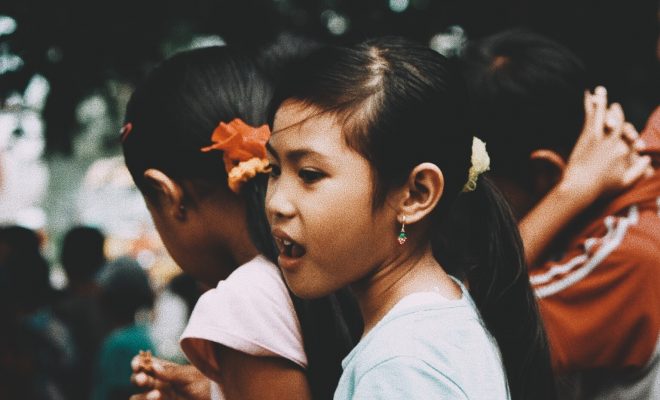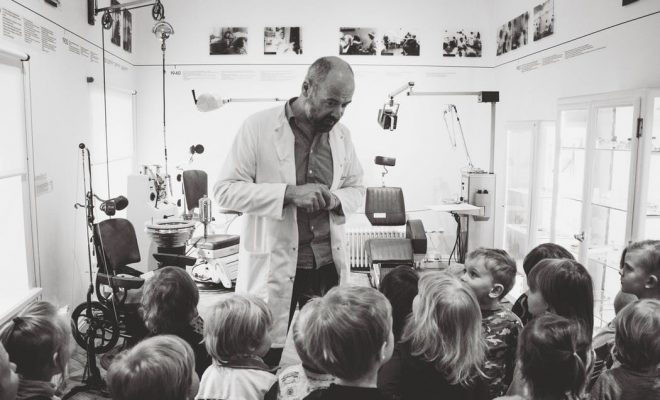How to Avoid Raising Racist Kids

From race-based killings to white supremacist rallies, we are living in times when racism is on the front page of every newspaper. For this reason, many race-conscious parents are trying to make every effort to raise the next generation to be better and to do better. Learning from the mistakes of previous generations, here are the ways parents are now tackling the issue of racism in their homes.
Avoid the “Colorblind” Myth
If you are a parent of a child today, it is very likely you grew up in the “colorblind” culture. For decades, well-meaning white parents thought the answer to avoid raising racist children was to avoid talking about race. By not acknowledging different races, they were teaching their children to be colorblind. Unfortunately, research has shown this teaching method is ineffective and harmful. When children feel like they should not talk about race, it shuts down the opportunity to have meaningful conversations about race and reinforces the idea that everyone is equal (when, in fact, everyone is not treated equally).
Talk Openly About Race, Culture, and History
It is common for parents to discuss gender differences openly, but parents often avoid talking about racial differences. However, this does not mean children are not aware of the differences. Children recognize that people have different color skin. When they are young, it is the perfect time to discuss how people have different skin colors and explain what that means. Parents should have age-appropriate discussions with their children about different races and cultures.
Furthermore, parents should not shy away from discussing our nation’s history (the good and the bad). Helping your child understand history through the lens of racism is essential. It is also just as important to explain that racism is not merely a thing of the past and discuss what it looks like today. As Jennifer Harvey explains, “When we don’t talk honestly with white children about racism, they become more likely to disbelieve or discount their peers when they report experiencing racism.”
Watch Your Actions
Everyone knows that children learn more from our actions than our words. Therefore, you must watch your actions. Your children will notice how you treat and talk to people of other races. Additionally, they will see the shows you watch and the books you read. Therefore, if you are only watching and reading things that do not feature diverse characters, then they may interpret this as a racial bias. Be open to watching and reading material with characters from other races, as well as encouraging your children to do the same.
Before We Go
You can avoid raising racist kids by talking openly about race and cultural diversity. Teach your child to do more than just “be kind.” Encourage your child to see the how people of other’s races are treated and to stand up for them when they are not treated fairly or kindly. Just remember: you can’t encourage your child to stand up for racial inequality if you do not talk about it in the first place.





